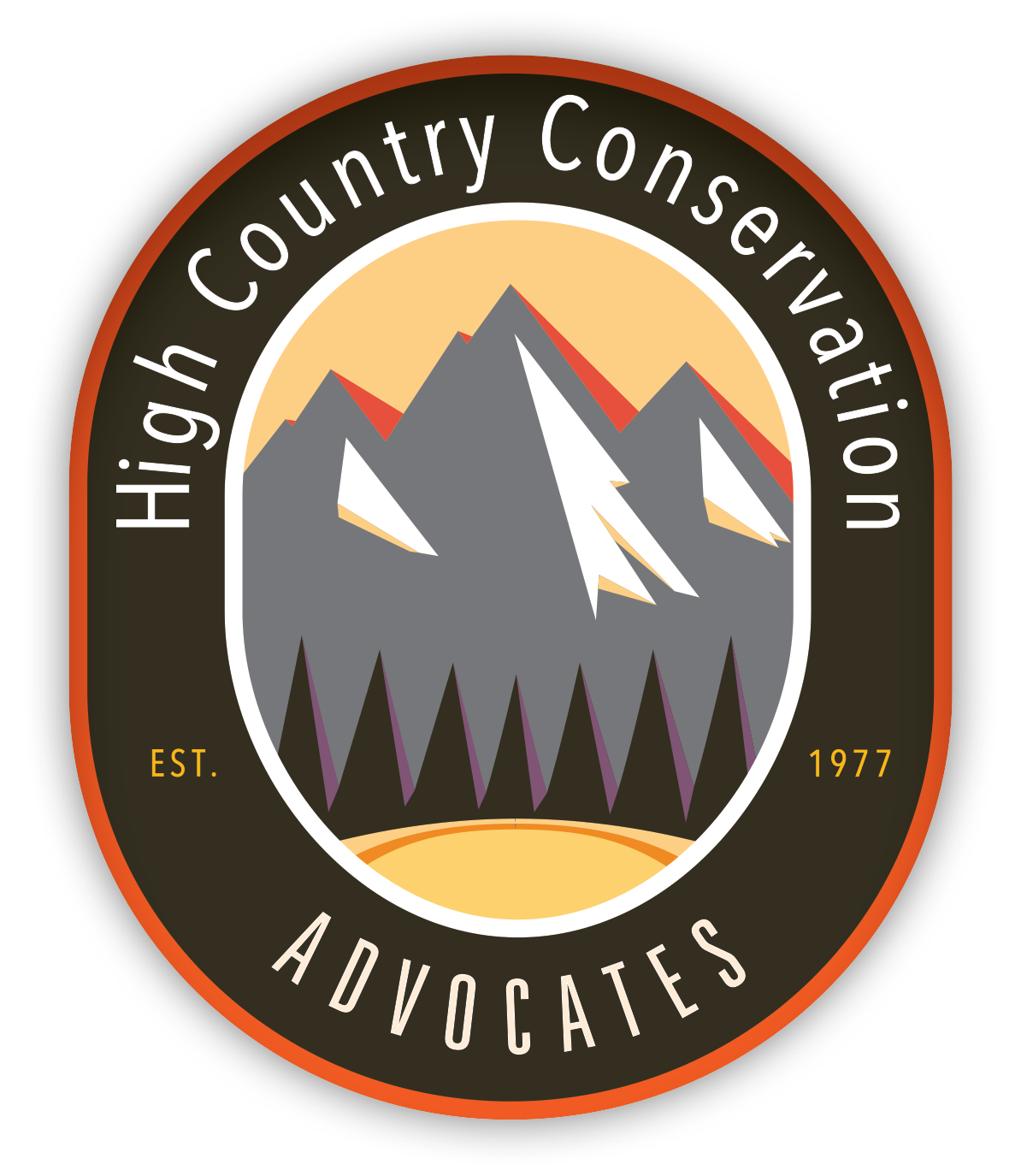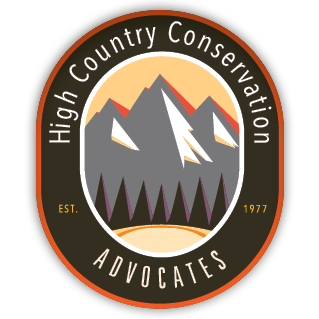
Protecting Water Quality
Climate change, development and historic practices continue to impact our water resources. Streams with exceptional water quality are becoming increasingly rare. As a headwaters community, we have an obligation to protect the high-quality waters that remain.
HCCA’s water quality advocacy efforts are targeted at safeguarding our drinking water and maintaining high quality water to sustain our wildlife and recreational uses. Elevated stream temperatures can stress fisheries, leading to reduced reproductive success and – in extreme circumstances – cause fish mortality. Waters that exceed Clean Water Act standards for other pollutants, such as heavy metals, may struggle to support aquatic life and local water uses.
At HCCA we’re working hard to keep our waters are both cool and clean. Our approach to maintaining water quality standards has evolved as new opportunities and challenges arise. HCCA’s past water quality advocacy efforts include:
Participating as a party in state water quality rulemaking processes for various purposes, including:
Protecting stream temperature standards in the Gunnison Basin. Stream temperature is a crucial component of aquatic ecosystem health and is regulated by the Clean Water Act. HCCA has been participating in the hearing process to advocate for stream temperature standards that are protective of aquatic life and supported by local data. View our hearing statements here.
Advocating for protective water quality standards for Coal Creek (Crested Butte’s municipal water supply). View our hearing statements here.
Participating in statewide rule-makings that may have direct implications for local water quality issues. For instance, in 2016 HCCA argued against relaxed state-wide molybdenum standards.
Supporting legislation that protects our watersheds. This includes working on bills that improve bonding for mining operations and other activities that may impact water quality.
Our Current Efforts Include
Outstanding waters
Collecting data and submitting proposals to support streams in our basin with outstanding water quality. The United States Clean Water Act gives individual states the authority to designate special protections on waterways to ensure water quality is not degraded further. In Colorado waters may be designated as “Outstanding Waters” is by the Colorado Water Quality Control Commission (WQCC). Stakeholders, including HCCA, can collect data to show that a water body meets specific criteria and has outstanding natural resource values (like aquatic habitat or recreational use). HCCA is collaborating with several entities to see new proposals through a hearing that culminates a review every three years of water classifications for each basin in the State of Colorado. This work involves identifying potential candidate streams, collecting critical water quality data, documenting natural resource values, and gathering community support for protecting high-quality water.
Protecting Water Quality Standards in Colorado
Proposals in the Regulation 31 rulemaking hearings are threatening to change to the application of how the anti-degradation provisions of the Clean Water Act apply in Colorado. The Division’s proposal would expand the discretion of the Water Quality Control Commission to designate streams as Use Protected without guiding criteria. This could downgrade the level of protection for certain streams, particularly those in urban areas. HCCA is partnering as part of the Headwaters Parties to preserve the integrity of the anti-degradation provisions in Colorado.



